Iran says missile activities ‘legitimate’ as West raises ‘invalid’ concerns
Iran has dismissed as “invalid” the meddlesome statements released by certain Western countries on its first hypersonic missile, saying the Islamic Republic’s missile activities are “conventional” based on international law.
Iran’s Foreign Ministry spokesman Nasser Kan’ani made the remarks on Thursday after the US, Britain and France expressed concerns over the unveiling of Iran’s first hypersonic missile named Fattah.
“The missile activities of the Islamic Republic of Iran are conventional, defensive and completely legitimate based on international law,” he said.
“Hosting nuclear missiles and playing a destructive role in regional and international issues, these countries, which have a long and clear history of violating their international obligations in various fields, including nuclear tests and the non-proliferation regime, have no right to comment on the legitimate and completely legal defense capabilities of the Islamic Republic of Iran.”
Fattah was put on show on Tuesday by the Aerospace Force of Iran’s Islamic Revolution Guards Corps (IRGC). The hypersonic missile has a range of 1,400 kilometers, can travel at up to 15 times the speed of sound and bypass air defense systems.
Addressing the unveiling ceremony, Iranian President Ebrahim Raeisi said the new missile would boost Iran’s “power of deterrence” and “bring peace and stability to the countries of the region.”
Reacting to the development, principal deputy spokesperson for the US State Department Vedant Patel said Washington’s “concerns about Iran’s missile program are well-established.”
France said that it notes with concern Iran’s development of its new missile, claiming that it is “yet another breach of UN Security Council Resolution 2231.”
The UK Foreign Office alleged that the missile unveiling further proves Iran’s “continued disregard of international restrictions.”
Also in his remarks, Kan’ani said the signing of the AUKUS pact by the US, the UK and Australia is “a clear example of nuclear powers’ political and discriminatory approach on transferring technology and highly-enriched uranium to a non-nuclear country in violation of the Non-Proliferation Treaty (NPT).”
The core of the tripartite deal is a pledge by America and Britain to help Australia build at least eight nuclear-powered, not nuclear-armed, submarines.
The spokesman hailed the continuous efforts of the Iranian Armed Forces and their strategic achievements in strengthening the country’s defense might.
Such efforts, he noted, are a correct and effective measure in creating deterrence against foreign threats and defending Iran’s national security.
From Iraq to Gaza: The great disconnect between British people and rulers
Syria condemns Israel's killing of 36 in 'horrific' strike on Palmyra
Iran rejects UN human rights resolution as politically-motivated, unjustified
US Senate rejects bids to halt military sales to Israel
US veto of Gaza resolution 'license' for more Israeli crimes: Tehran
Iran urges IAEA Governors Board to oppose E3’s anti-Iran resolution
Nov. 20: ‘Axis of Resistance’ operations against Israeli occupation
VIDEO | Iran celebrates National Hero Day, honoring Martyr Qassem Soleimani


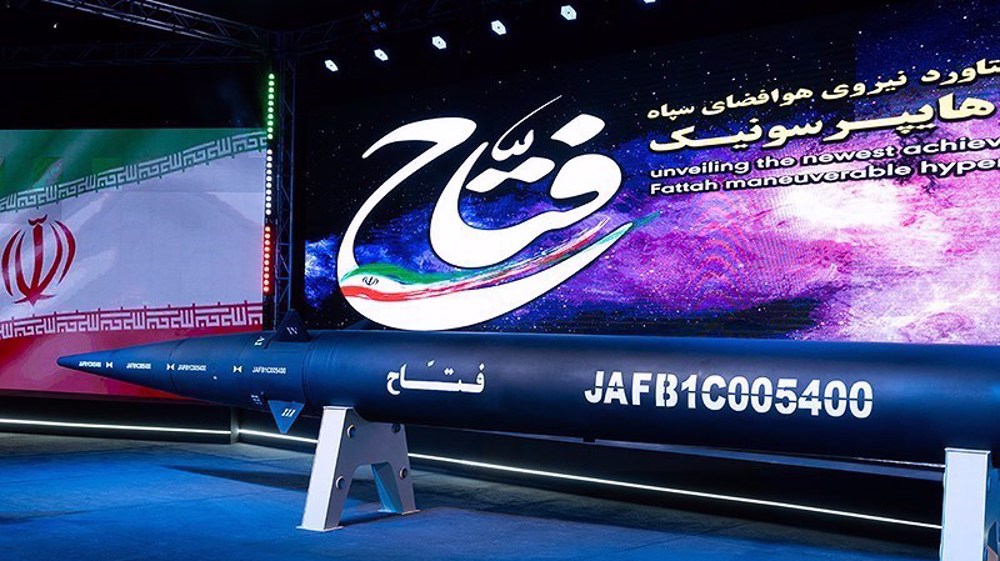
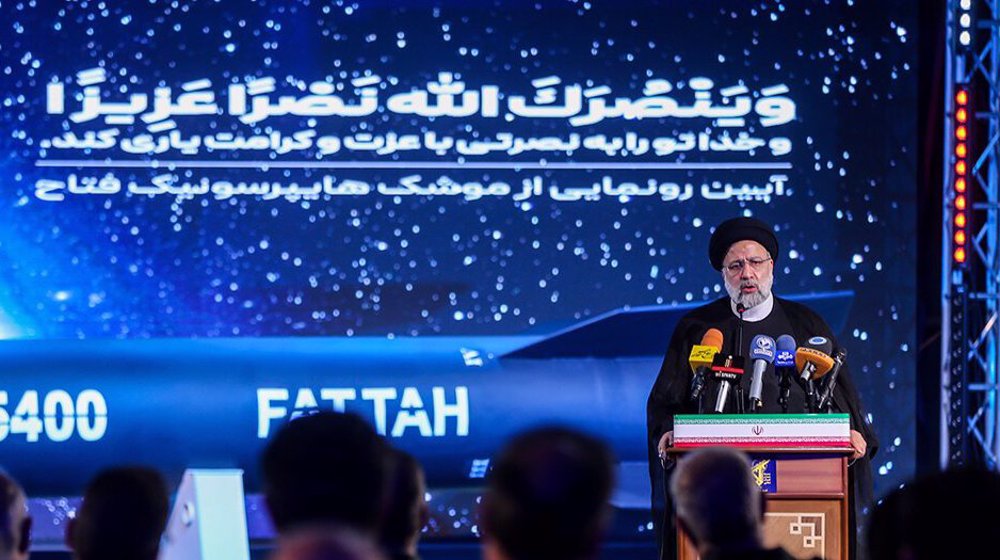
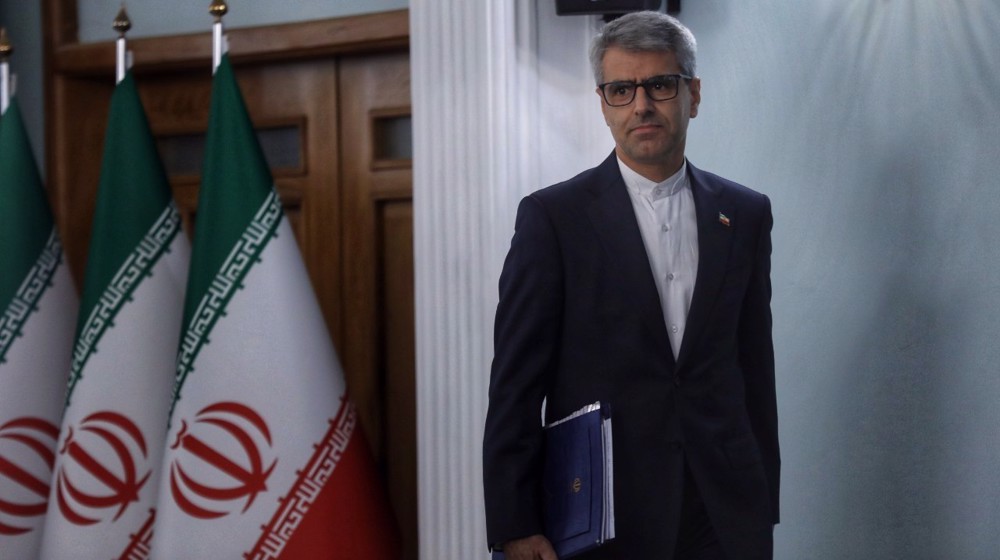
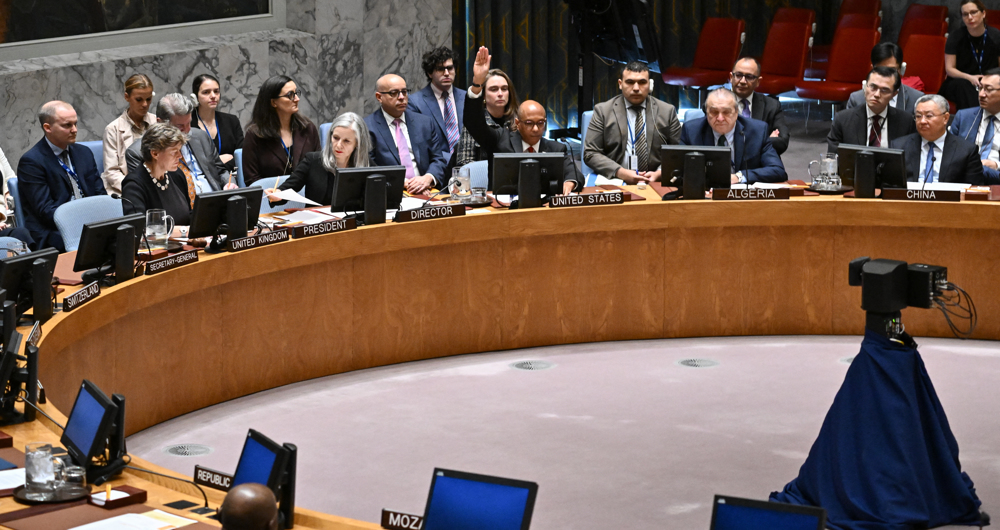
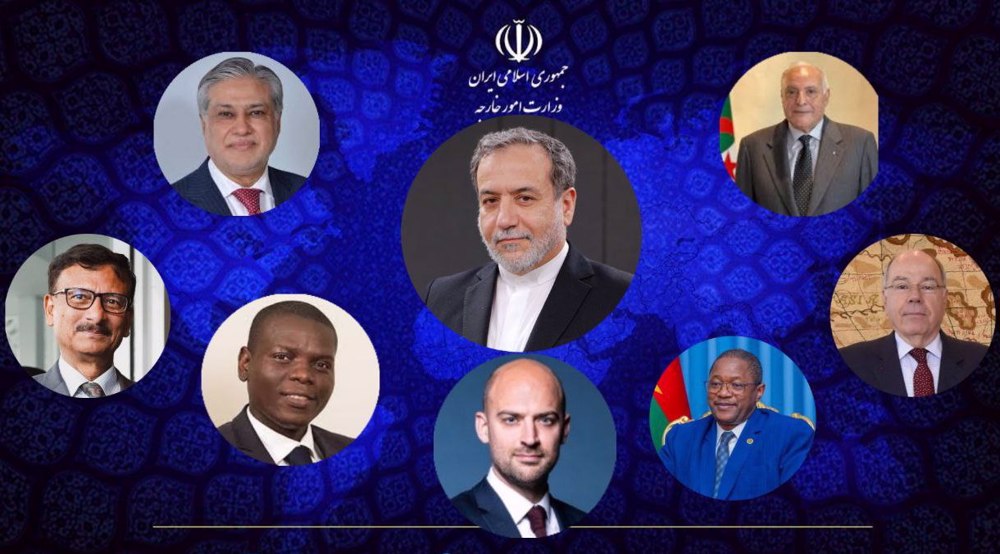




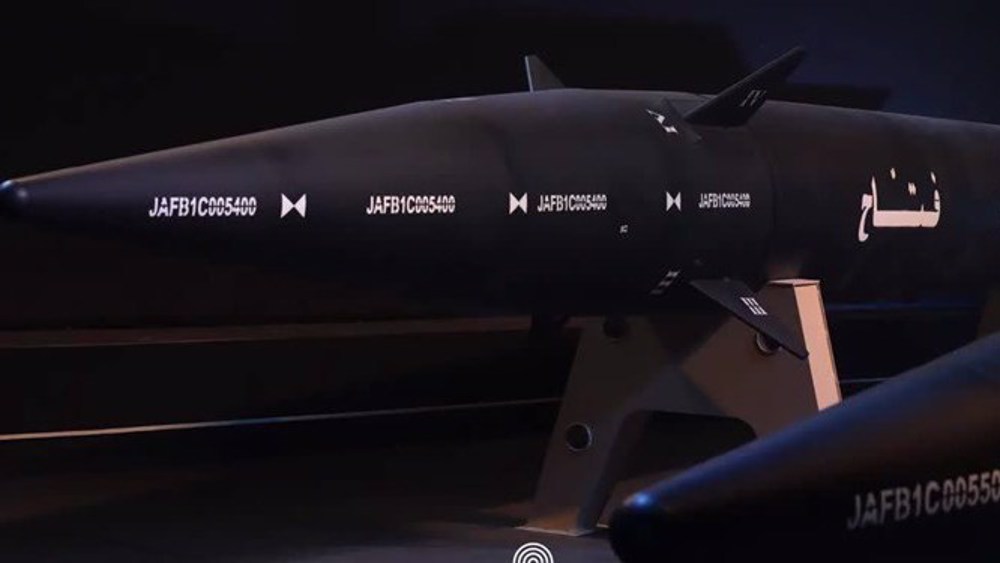

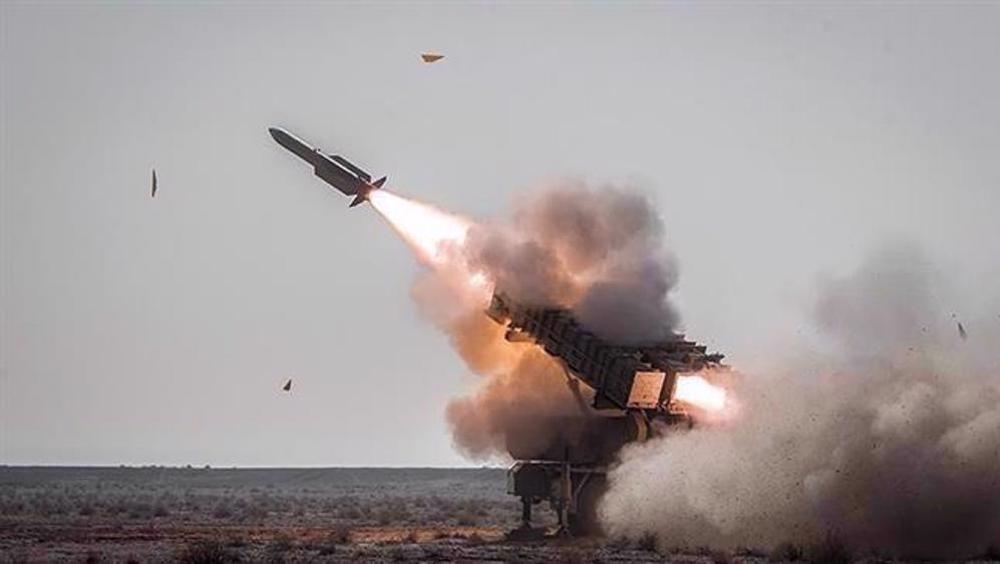

 This makes it easy to access the Press TV website
This makes it easy to access the Press TV website